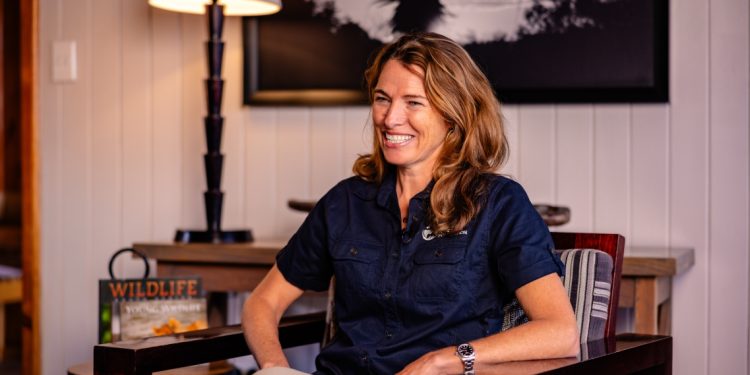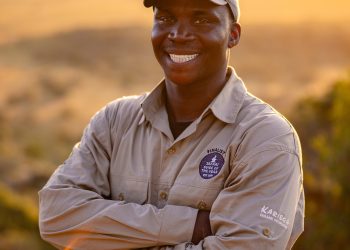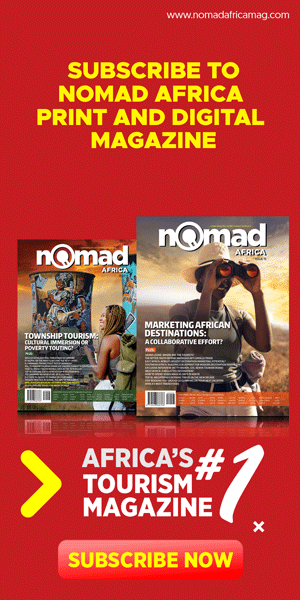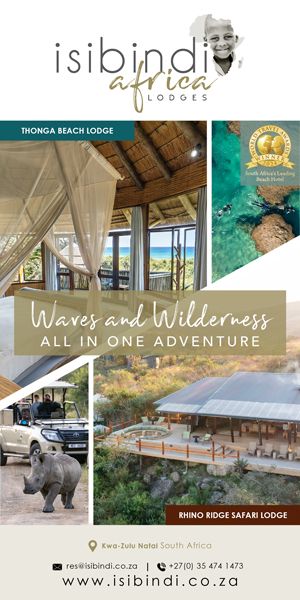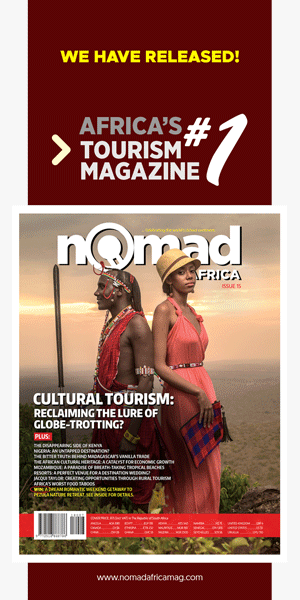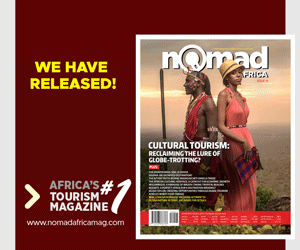Her passion stems from the unique geographical positioning of Kariega Game Reserve, a nexus where two of the world’s mere 36 biodiversity hotspots converge – the Cape Floristic Kingdom and the Maputaland-Pondoland-Albany Biosphere. This convergence, a point of immense ecological significance, forms the very bedrock of Kariega’s mission and Sutherland’s driving force.
The Eastern Cape, often overlooked in the grand narrative of global conservation, holds a secret of profound importance. As Sutherland eloquently explains, it is here that the fynbos-rich Cape Floristic Kingdom, stretching from Cape Town, meets the lush Maputaland-Pondoland-Albany Biosphere, which journeys down the coast from Mozambique. These biodiversity hotspots, identified in the early 1990s as critical areas for species conservation, are characterized by their high percentage of endemic species, minimal protected land, and intense pressure from urbanization and human conflict. The fact that Kariega Game Reserve lies at the very heart of this convergence, a realization only made years after its inception, imbues its conservation efforts with an “incredible substance.”
In a mere 36 years, Kariega Game Reserve, starting as a single farm in 1989, has achieved what many would deem impossible. Through the careful knitting together of 24 different farms, the reserve now spans 12,000 hectares. This vast landscape has been rewilded, reintroducing a diverse array of species, including the iconic Big Five. The establishment of five luxury lodges, capable of hosting up to 200 guests, has created a robust ecotourism business that fuels the conservation engine.
However, Kariega is not an isolated success. The broader Eastern Cape region has witnessed a concerted effort in conservation, with the Ndalo group expanding to 90,000 hectares of protected land, and both Addo Elephant Park and the Great Fish River experiencing exponential growth. This collective momentum shows the extraordinary potential of the region, and it fuels Sutherland’s ambitious dreams for the future.
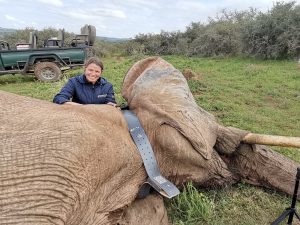
A Legacy for Generations
Sutherland’s vision extends far beyond the current boundaries of Kariega. She speaks of building expansive wildlife corridors that will connect existing protected areas to national parks. This ambitious undertaking aligns with South Africa’s national biodiversity economy priorities, particularly the aim to establish a colossal biodiversity economy node in the Eastern Cape, ultimately growing the protected area to a staggering three to five million hectares – a size infinitely larger than the renowned Kruger National Park. The sheer audacity of this dream is what captivates Sutherland. It represents a potential triumph of conservation within a single lifetime, showcasing the power of sustained dedication.
A Partnership for Sustainable Impact:
While Kariega Game Reserve built its ecotourism business, the Kariega Foundation Trust, officially registered in 2010, emerged as the philanthropic arm of this extraordinary endeavour. Sutherland, though not initially involved in the business’s foundational years (her father and brothers led the charge), deeply understands the symbiotic relationship between commerce and conservation. She emphasizes that any philanthropic or non-profit work, if it aims to be sustainable, “needs to partner with a robust commercial model.”
This realization forms the core of the Kariega Foundation’s success. It operates as an independent and vibrant non-profit, leveraging every aspect of the commercial game reserve to generate funding that is then reinvested into authentic conservation and community upliftment. The ultimate vision is to unite a “conservation-minded community” – encompassing guests, volunteers, and bordering communities – to collectively protect and preserve wildlife, the planet, and its people. This shared belief is the daily driving force behind the foundation’s work.
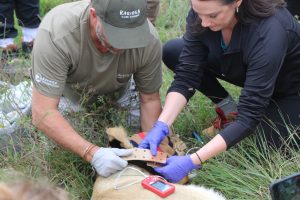
Bridging the Divide:
Sutherland firmly believes that authentic conservation is inextricably linked to community well-being. “When you take a growing landscape and you protect it and you limit what that landscape can be used for in terms of revenue, you have to think very creatively about how you make the revenue accessible and opportunities accessible to the people on your boundary.” The ultimate goal is to ignite a “will to conserve” within these communities, ensuring they understand the inherent value of a living animal over a deceased one, and how this translates into tangible opportunities for their own lives.
A critical aspect of the Kariega Foundation’s approach is its unwavering focus on human resource and human capital development. Sutherland points out a pervasive mistake in South Africa’s history of enterprise development in under-resourced communities: the neglect of the human element. “In an under-resourced community the natural investment in the human being… and because there’s a lot of trauma associated with poverty, we get stuck in these traumatic responses to poverty and we stay in cycles of poverty.” To break these cycles, the foundation implements a comprehensive “cradle to career” program centered on human investment.
This holistic approach begins with early childhood development (ECD), where the foundation invests in practitioner training, infrastructure upgrades, and resourcing ECD centres. In primary schools, the focus shifts to social and emotional learning, equipping children with the tools to articulate and regulate emotions, and to make decisions aligned with their goals and values – essentially, breaking the emotional patterns of poverty.
For adolescents and youth, engagement is fostered through a vibrant sports program, access to IT and library computer hubs, and environmental education. This culminates in skills development and enterprise opportunities, leading to tangible success because, as Sutherland puts it, “You’ve got human beings that have maximized their potential. You’ve got human capital you can work with, and then you’ve got success.”
Nurturing Conservation Advocates:
One of the most inspiring examples of the Kariega Foundation’s human investment strategy is its community-based field guide training program. Historically, field guiding has been inaccessible to individuals from under-resourced communities due to educational barriers, the cost of training, and perhaps most importantly, a lack of exposure to wilderness environments. “Most people who live in a community have never been in a game drive. They’ve never been to a lodge. They’ve never been into a wilderness environment. So how can they even imagine a career in guiding?” Sutherland asks.

To address this, the program prioritizes access, bringing children onto the reserve for visits, engaging boma dancers who perform for guests, and organizing environmental education clubs. This early exposure helps ignite interest and aspiration. The selection process then focuses on finding the right candidates, acknowledging that the learning timeframe for these individuals is significantly longer than conventional learnerships.
Kariega’s program spans 18 months, including a full year of tuition and a six-month practical learnership, followed by a year-long internship. This intensive, personalized approach, coupled with resilience training, is yielding remarkable results. For the first time, Kariega Game Reserve boasts three guides directly from their community schools. Their anti-poaching unit is already 100% locally sourced, a milestone achieved in the last five years.
Sutherland is particularly excited about the role these community guides play as “gateways” to conservation. When guests experience a game drive with a knowledgeable and passionate guide from the local community, it creates a powerful connection. These guides not only tell the story of the ecological environment and its threats but also inspire guests to become active participants in conservation.
Even more significantly, when these field guides return to their communities during their days off, they become powerful advocates for conservation, sharing their experiences and igniting a passion for wildlife in those who may never have the opportunity to sit on a game drive vehicle. This creates a ripple effect, building a broader conservation-minded community from the ground up.
A Blueprint for the Future
The success of Kariega’s model prompts questions about its scalability. Sutherland believes the key lies not in centralizing training, but in decentralizing it. Instead of creating a massive, centralized school, she advocates for a network of “micro schools” within each ecotourism destination. “Every single ecotourism destination in our country should have their own real guide training school. And it is the way of the future.”
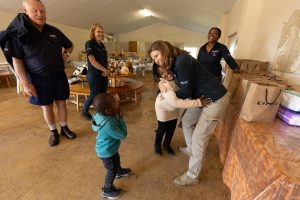
This approach minimizes costs by leveraging existing infrastructure – the guides as teachers, the vehicles, the animals, and the lodges themselves. The primary additional cost becomes the salary of a dedicated facilitator, a role that could often be filled by a retired guide or a passionate community member. The in-house nature of the training is crucial for its sustainability and effectiveness. It allows for continuous mentorship, builds strong relationships with candidates from childhood, and fosters a deep understanding of the local environment. The longevity of employment for these locally trained guides is also a significant benefit, countering the high turnover often seen in the guiding industry.
Sutherland recounts the inspiring example of Archie, one of their community guides, who faced dyslexia and initially failed his written test. Through special permission for an oral exam and the benefit of the small, one-on-one school environment, combined with his resilience training, Archie triumphed. This illustrates the profound impact of investing in the individual, understanding their unique challenges, and providing tailored support.
Beyond the immediate benefits for the ecotourism business, such as having guides who already know the reserve intimately, Sutherland envisions a future where these locally trained guides can participate in exchange programs with other lodges, breaking the cycles of poverty and broadening their horizons. The shift away from training international guides who ultimately return home, towards cultivating a local workforce that remains rooted in their communities, is central to this long-term vision.
Lindy Sutherland’s work at the Kariega Foundation is more than just conservation; it’s a profound commitment to integrated development. She is marrying a robust commercial enterprise with a deeply engaged philanthropic arm, as well as prioritizing the holistic development of individuals within neighbouring communities, with the view to not only safeguard a vital ecological hotspot but also cultivate a generation of conservation advocates from within.
Her dream of expansive wildlife corridors and a thriving biodiversity economy in the Eastern Cape, fuelled by conscious capitalism and community empowerment, offers a powerful blueprint for a sustainable future, where both people and planet flourish in harmony.


